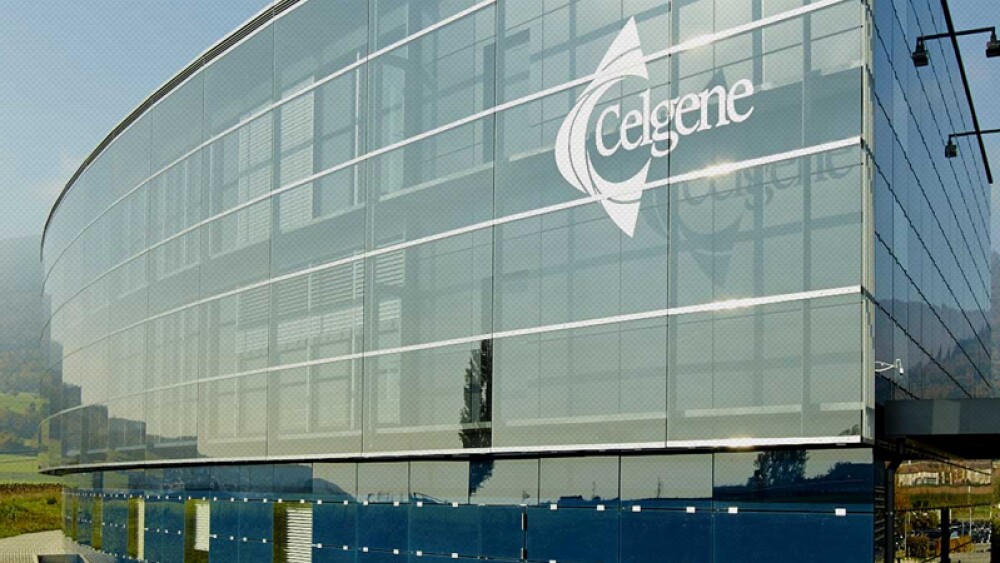October 3, 2017
By Alex Keown, BioSpace.com Breaking News Staff
CAMBRIDGE, Mass. – Celgene has entered another partnership. This time the New Jersey-based company teamed up with Nimbus Therapeutics to take on autoimmune diseases with two Nimbus preclinical therapeutics.
The new partnership will harness Nimbus’ computer-aided drug design technologies to develop therapies for a range of autoimmune disorders. The deal will include two Nimbus preclinical programs, Tyk2 (tyrosine kinase 2) and the STING (stimulator of interferon genes) antagonist program. Both of the programs are related to autoimmune disorders that include rheumatoid arthritis, lupus, Crohn’s disease, psoriasis and multiple sclerosis.
Tyk2 is a signal-transduction kinase for key pro-inflammatory cytokine receptors, including IL-23, IL-12 and type-I interferons. The STING program seeks to block the role played by stimulator of interferon genes in the activation of the innate immune system in lupus and other interferonopathies.
Under the terms of the agreement, Celgene will receive an option to acquire each program in the alliance if certain clinical milestones are met. Nimbus will receive an upfront payment and potential downstream milestone payments for each program Celgene chooses to acquire. Financial terms were not disclosed, but Nimbus said that if Celgene does acquire the drugs, then the numbers will be reported. According to the deal structure, Nimbus will retain full control of research and development activities for each program prior to the program’s option point.
“Celgene is committed to the continued growth of our expanding immunology and inflammation pipeline, and believes that the Nimbus immunology programs, including their efforts on Tyk2 and STING antagonists, represent important additions as we work to create the next generation of drug candidates for patients with autoimmune disorders,” Rupert Vessey, president of global research and early development at Celgene , said in a statement.
While BioSpace has cheekily dubbed Celgene as “biotech’s best friend” due to the number of collaborative deals the company strikes, Nimbus is no stranger to partnerships. The deal with Celgene follows a strategic partnership with Charles River Laboratories to advance new programs spanning the disease areas of immunology, metabolic disorders and oncology. In May, the company also struck a deal with Genentech to discover and develop small molecule inhibitors of interleukin-1 receptor-associated kinase 4 (IRAK4). Nimbus also is seeing strong financial benefits from a deal with Gilead Sciences . The California-based Gilead acquired NDI-010976 (now known as GS-0976). The Nimbus therapy is part of Gilead’s allosteric Acetyl-CoA Carboxylase (ACC) inhibitor program for the treatment of non-alcoholic steatohepatitis (NASH), and for the potential treatment of hepatocellular carcinoma (HCC) and other diseases. Gilead paid Nimbus $400 million upfront in April 2016 and in November delivered another $200 million in a milestone payment. Nimbus could earn up to another $400 million if the drug is carried through to commercialization. The molecule obtained by Gilead as part of that deal was the first prospectively in silico-designed drug candidate to reach human clinical testing. NDI-010976 was granted Fast Track designation by the U.S. Food and Drug Administration (FDA) in February 2016.





